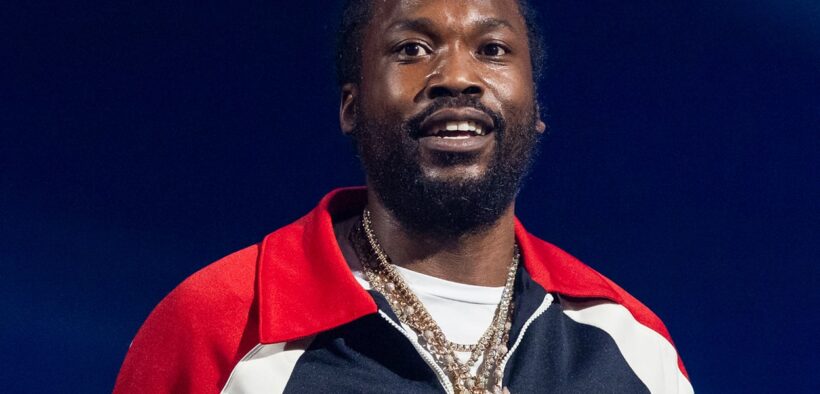Why Meek Mill Wants to Migrate to Ghana
Share

Philadelphia rapper Meek Mill has expressed his desire to leave the United States and become a citizen of Ghana, citing the Unites State’s systemic challenges for Black men.
Amid the release of new music and his name being mentioned in connection with a recent sexual assault lawsuit involving Sean “Diddy” Combs, Meek Mill is facing a storm of scrutiny. However, he remains resolute in his plans to migrate to what he refers to as the “Mother Land,” stating that the U.S. is “made to tear Black men down.”
A Love Affair with Ghana
Meek Mill’s connection to Ghana is not new. He has previously performed in the West African country at the Afro Nation music festival and met with Ghanaian President Nana Addo Dankwa Akufo-Addo at the Jubilee House.
Despite facing backlash for filming parts of a music video in a government seat, Meek Mill has apologized and continues to express his admiration for Ghana and his desire to collaborate with Ghanaian artists.
ALSO READ: Zeita Merchant Breaks New Ground as First Black Female Admiral in U.S. Coast Guard History
Controversies
The rapper finds himself embroiled in controversy following a footnote in a lawsuit filed against Diddy. The lawsuit, brought by Rodney “Lil Rod” Jones, a former producer and videographer for Combs, includes a redacted name of a rapper described as “a Philadelphia rapper who dated Nicki Minaj.” This description has led to speculation about Meek Mill’s involvement, though he has not been directly named.
In response to the swirling rumors and allegations, Meek Mill took to Twitter to vehemently deny any accusations related to his sexual orientation. He asserted his heterosexuality and warned against anyone challenging his manhood, stating, “I have the right to say I ain’t gay and I’ll trash anybody that play with my manhood lol.”
About Meek Mill
Meek Mill, born Robert Rihmeek Williams on May 6, 1987, rose to fame with his debut studio album, “Dreams and Nightmares,” in 2012, which featured the hit single “Amen” and the title track that became an anthem in the hip-hop community.
Meek Mill’s career has been marked by both critical acclaim and legal struggles. He has released several successful albums, including “Dreams Worth More Than Money” and “Championships,” showcasing his lyrical prowess and ability to address social issues.
Despite facing legal issues that resulted in periods of incarceration, Meek Mill has remained a significant figure in the music industry, advocating for criminal justice reform and using his platform to raise awareness about systemic injustices.




















